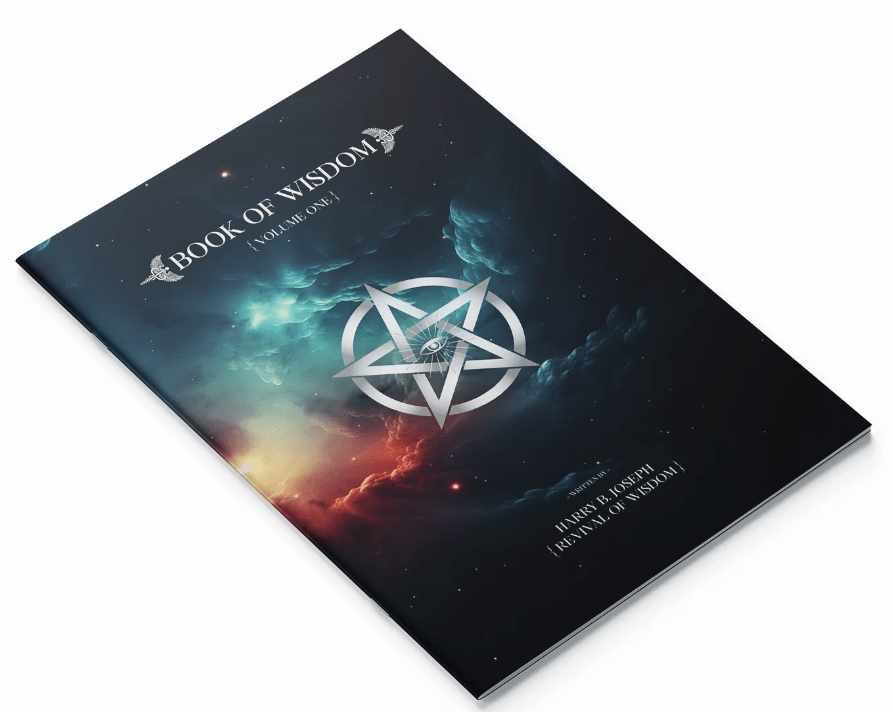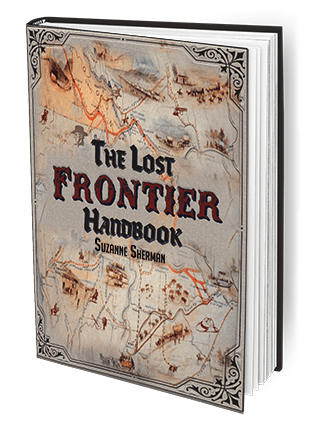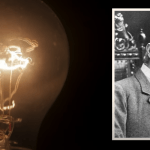The AI Revolution: A Landmark Examination
In a landmark moment in the technological narrative of humanity, 60 Minutes presented a comprehensive introspection on the ever-increasing influence of artificial intelligence (AI) on our modern society. The intriguing segment, rightfully titled “The AI Revolution: Google’s Developers on the Future of artificial intelligence”, offers a profound look into the core of our epoch, positioning it as a critical turning point in the annals of human civilization – a juncture as transformative as the discovery of fire, the invention of agriculture, or the harnessing of electricity.
AI Evolution: Google’s Pioneering Role
This year, 2023, marked a significant milestone in the evolution of AI, with us witnessing a machine teaching itself how to communicate with humans on an equal footing, complete with creativity, truth, error, and deception. This machine, a chatbot, signifies just one facet of the multiple breakthroughs in AI. Google, an unequivocal frontrunner in this rapidly burgeoning field, introduced the world to Bard – an AI meticulously developed to facilitate the content generation, simulate human-like conversations, and bolster ideation processes.
Humanity’s Responsibility
Sundar Pichai, Google’s revered CEO, presented a sobering perspective in light of this powerful technology that holds the promise to redefine every facet of human existence. He stressed that AI, as a tool, will manifest as benevolent or malevolent as humanity permits, forecasting the immense responsibility we bear as custodians of this formidable technological force.
Societal Readiness for the AI Revolution
Taking a reflective stance, Pichai raised pertinent questions about society’s preparedness for the swiftly approaching AI revolution. He voiced concern about the dissonance between the high-speed evolution of AI and the pace at which societal institutions can adapt and evolve. Despite these apprehensions, Pichai exuded optimism, indicating that a surge in serious dialogues and anxieties about the implications of AI have emerged earlier in its life cycle than any other disruptive technology.
Google’s Bard: The Testimony of Self-Taught AI
As a testament to this epoch of self-taught machines, Google’s chatbot, Bard, embodies an expansive comprehension of human language and knowledge. It deftly utilizes this understanding to formulate human-like responses. Bard demonstrated a nearly eerie ability to weave deeply human narratives, concisely summarizing complex concepts in mere seconds, and fabricating emotionally resonant stories from six-word prompts.
AI’s Profound Impact on Job Market
The level of automation that Bard exemplifies portends profound implications for the labor market. AI has the potential to significantly disrupt the employment landscape, rendering certain jobs obsolete while fostering the emergence of new ones. Moreover, it can redefine existing roles, as jobs are progressively assisted or even replaced by automation.
The Omnipresent Technology
AI’s role extends beyond merely reshaping the employment landscape. It stands poised to infiltrate diverse sectors, each with its unique set of implications. AI-powered radiologists could potentially expedite the handling of critical cases, while AI collaborators in software engineering could drastically improve code generation and troubleshooting. Even in the realm of education, students could be assisted by AI-powered tutors, providing highly personalized assistance. Essentially, AI is set to pervade every product across all industries, instigating an unfathomably profound societal shift.
A Double-Edged Sword
While the advancements and potential of AI are undeniably impressive, they come with a set of significant drawbacks and concerns that society must address. A major challenge lies in AI’s ability to generate disinformation, raising the specter of potential misinformation campaigns on a scale hitherto unseen. In addition, there are issues related to ‘hallucinations’, instances where the AI fabricates information that isn’t rooted in fact. This highlights the pressing need for robust safety measures and stringent testing.
Google’s Bard: A Responsible Approach
In the face of these challenges, Google is adopting a measured approach to introducing Bard to the world. The company is releasing it in a limited way, progressively bolstering its safety measures based on valuable user feedback. This reflects a responsible approach that acknowledges that society requires time to adapt to the presence and capabilities of these new AI entities.
A Revolution in Our Hands
The segment on 60 Minutes serves as a compelling tale of awe and caution about the AI revolution. As Sundar Pichai aptly emphasizes, the potential for AI to be used for good or ill lies squarely in our hands. We must balance our excitement for the possibilities that AI offers with a sober recognition of the responsibilities that come with wielding such power. After all, the AI revolution is coming faster than we may anticipate. Thus, the decisions we make today about the deployment and control of AI will shape not just the future of technology, but the very fabric of our society.

















